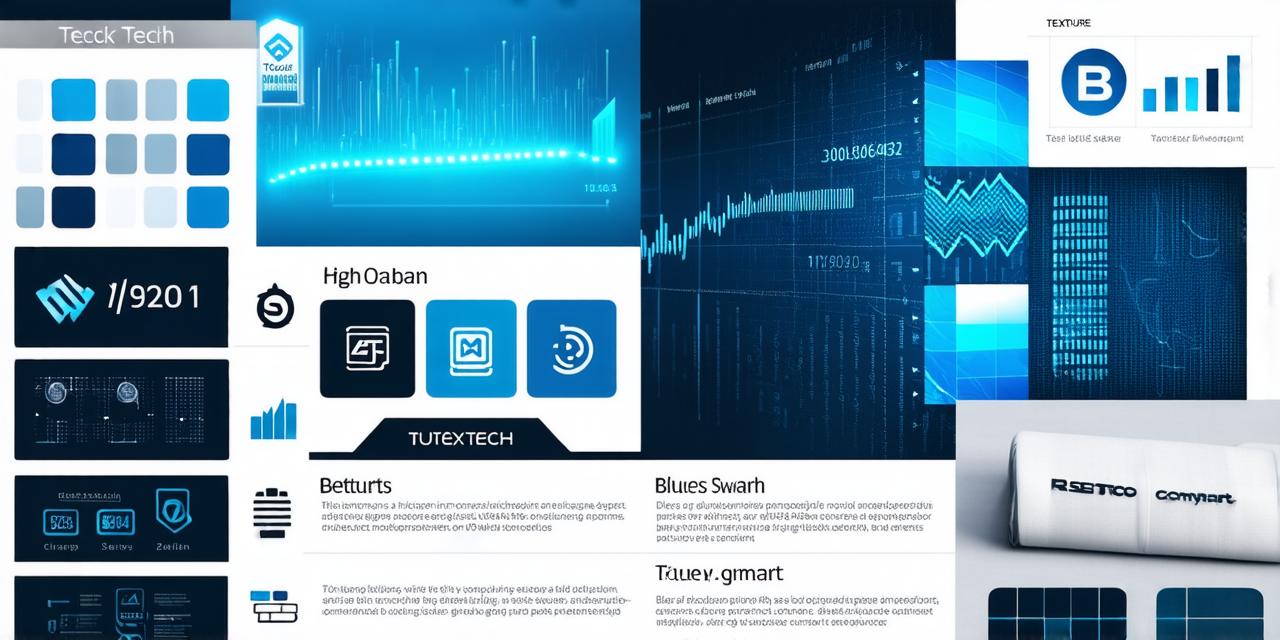What is blockchain in software engineering
Introduction:
Blockchain technology is a distributed database that enables secure and transparent transactions without intermediaries. It has revolutionized various industries, including finance, supply chain management, and healthcare. In software engineering, blockchain offers a range of benefits such as security, transparency, and immutability. This article aims to provide an overview of what blockchain is in software engineering, its advantages, and how it can be implemented.
What is Blockchain in Software Engineering?
Blockchain is a decentralized distributed ledger that records transactions across multiple computers. It consists of blocks that contain batches of transactions, which are verified and validated by a network of nodes. Once a block is added to the chain, it cannot be altered or deleted, ensuring the integrity and immutability of the data.
In software engineering, blockchain can be used to create secure and transparent applications that store and transfer data in a decentralized manner. For instance, blockchain-based smart contracts enable the automation of complex business processes by executing predefined conditions when certain events occur. Blockchain also enables the creation of decentralized applications (dApps) that run on a peer-to-peer network and can be accessed from anywhere in the world without intermediaries.
Advantages of Blockchain in Software Engineering:
- Security: Blockchain offers a high level of security by using cryptographic algorithms to secure data and transactions. It is resistant to hacking, fraud, and cyber-attacks, making it ideal for applications that require strong authentication and authorization mechanisms.
- Transparency: Blockchain technology enables transparency in transactions by creating an immutable record of all activities on the network. This makes it easy to trace the origin and destination of assets and verify their authenticity, reducing the risk of fraud and increasing trust among users.
- Immutability: Once data is recorded on the blockchain, it cannot be altered or deleted. This ensures the integrity and immutability of the data, preventing tampering and fraudulent activities.
- Decentralization: Blockchain technology enables decentralized applications that run on a peer-to-peer network, eliminating the need for intermediaries such as banks and other financial institutions. This reduces transaction costs and speeds up processing times.
- Traceability: Blockchain technology enables traceability of goods and services, making it easy to track their origin and destination. This can help in supply chain management by improving logistics, reducing errors, and increasing efficiency.

Real-life Examples of Blockchain in Software Engineering:
- Ethereum Smart Contracts: Ethereum is a blockchain platform that enables the creation of smart contracts. Smart contracts are self-executing contracts that automatically execute predefined conditions when certain events occur. They have been used in various applications such as insurance claims, real estate, and voting systems. For instance, a smart contract can be used to automate the payment of rent when a tenant pays on time, eliminating the need for intermediaries.
- Bitcoin: Bitcoin is the most well-known cryptocurrency that uses blockchain technology. It has revolutionized the financial industry by enabling peer-to-peer transactions without intermediaries such as banks. This has reduced transaction costs and speeds up processing times, making it ideal for online payments.
- Hyperledger Fabric: Hyperledger Fabric is a blockchain platform that enables the creation of enterprise-grade applications. It offers features such as modularity, confidentiality, and scalability, making it ideal for enterprise use cases. Hyperledger Fabric has been used in various industries such as supply chain management, healthcare, and finance.
- IBM Food Trust: IBM Food Trust is a blockchain-based platform that enables the tracking and tracing of food products from farm to table. It uses IoT sensors to monitor the condition of food products and stores data on the blockchain, enabling transparency and traceability in the supply chain.
Summary:
Blockchain technology offers significant benefits for software engineering by providing security, transparency, immutability, decentralization, and traceability. It has revolutionized various industries such as finance, supply chain management, and healthcare. In software engineering, blockchain can be used to create secure and transparent applications that store and transfer data in a decentralized manner. By leveraging the power of blockchain technology, software engineers can build innovative and scalable applications that have a positive impact on society. As such, it is important for software engineers to stay up-to-date with the latest developments in blockchain technology and incorporate it into their projects to remain competitive in the industry.



